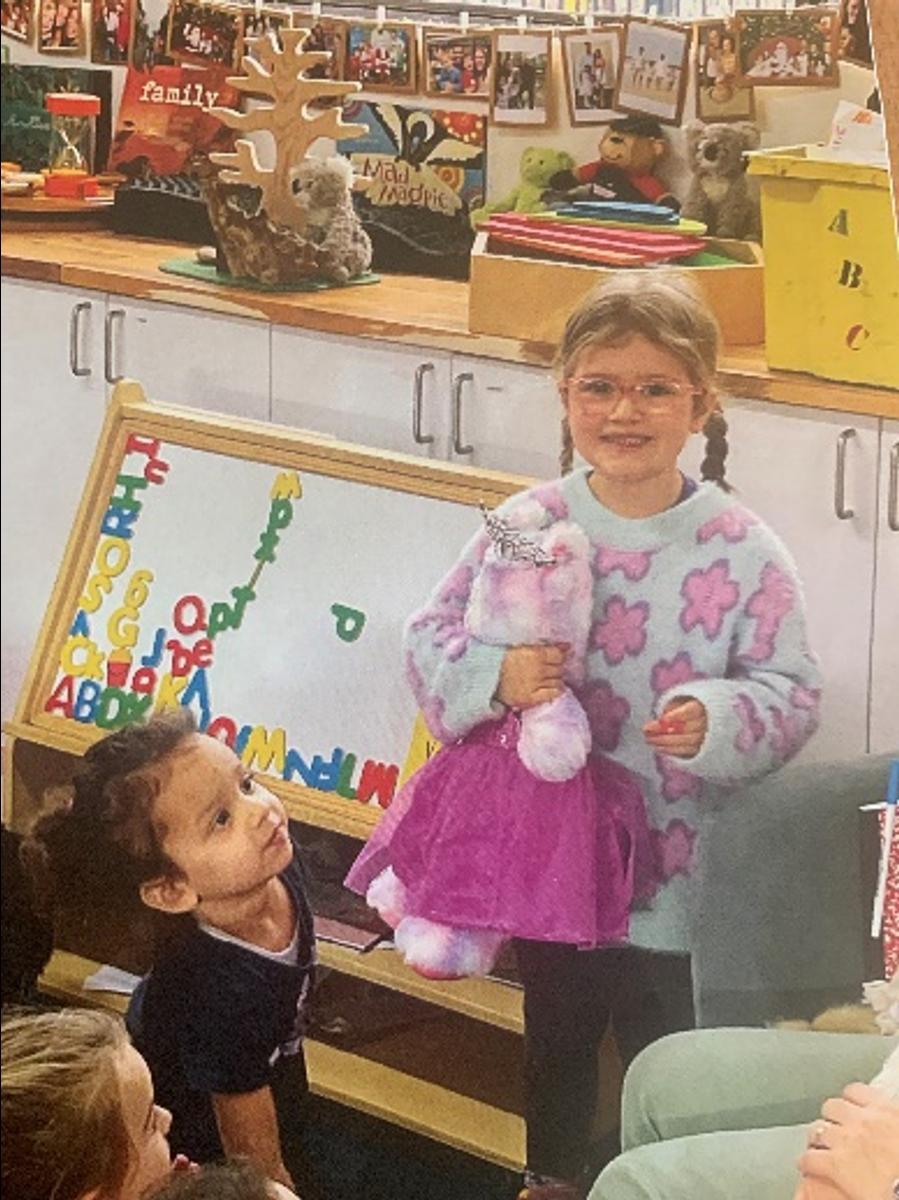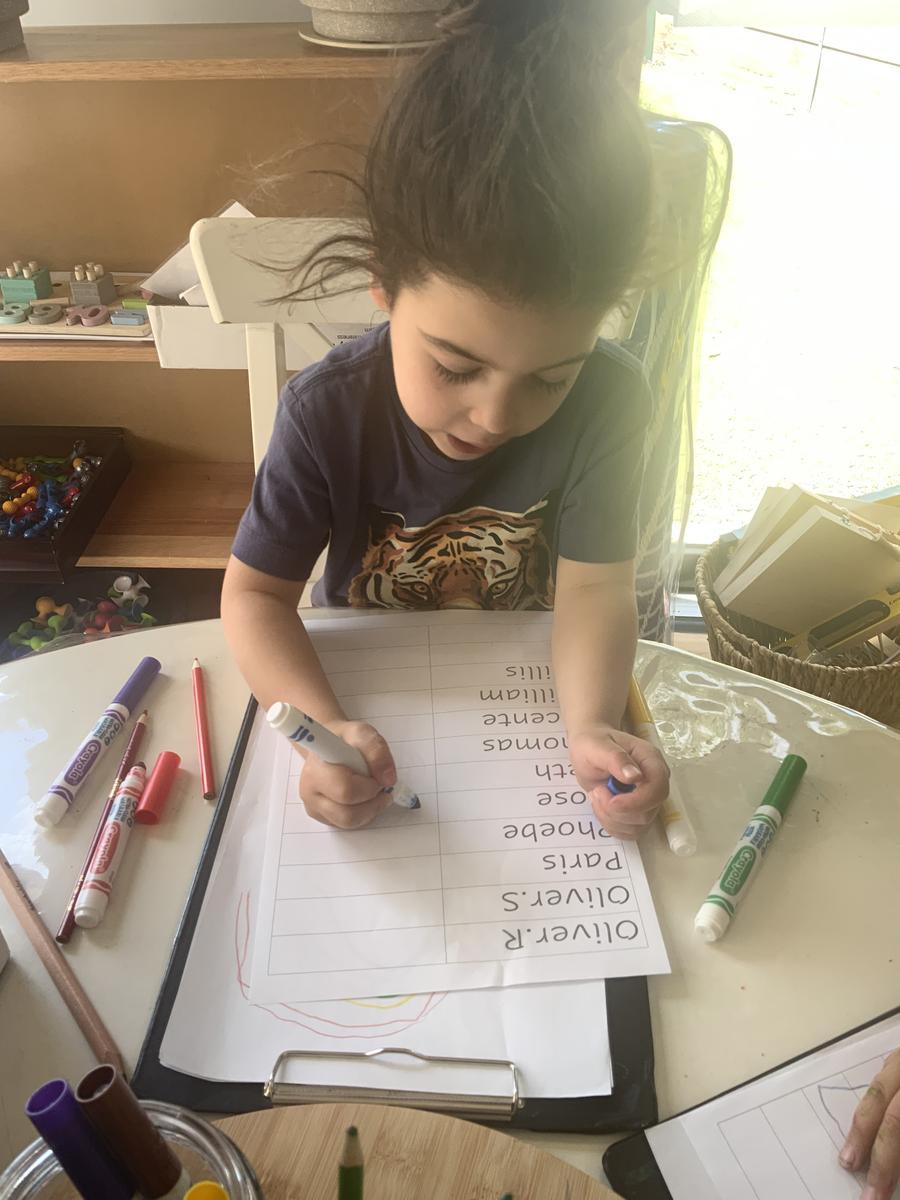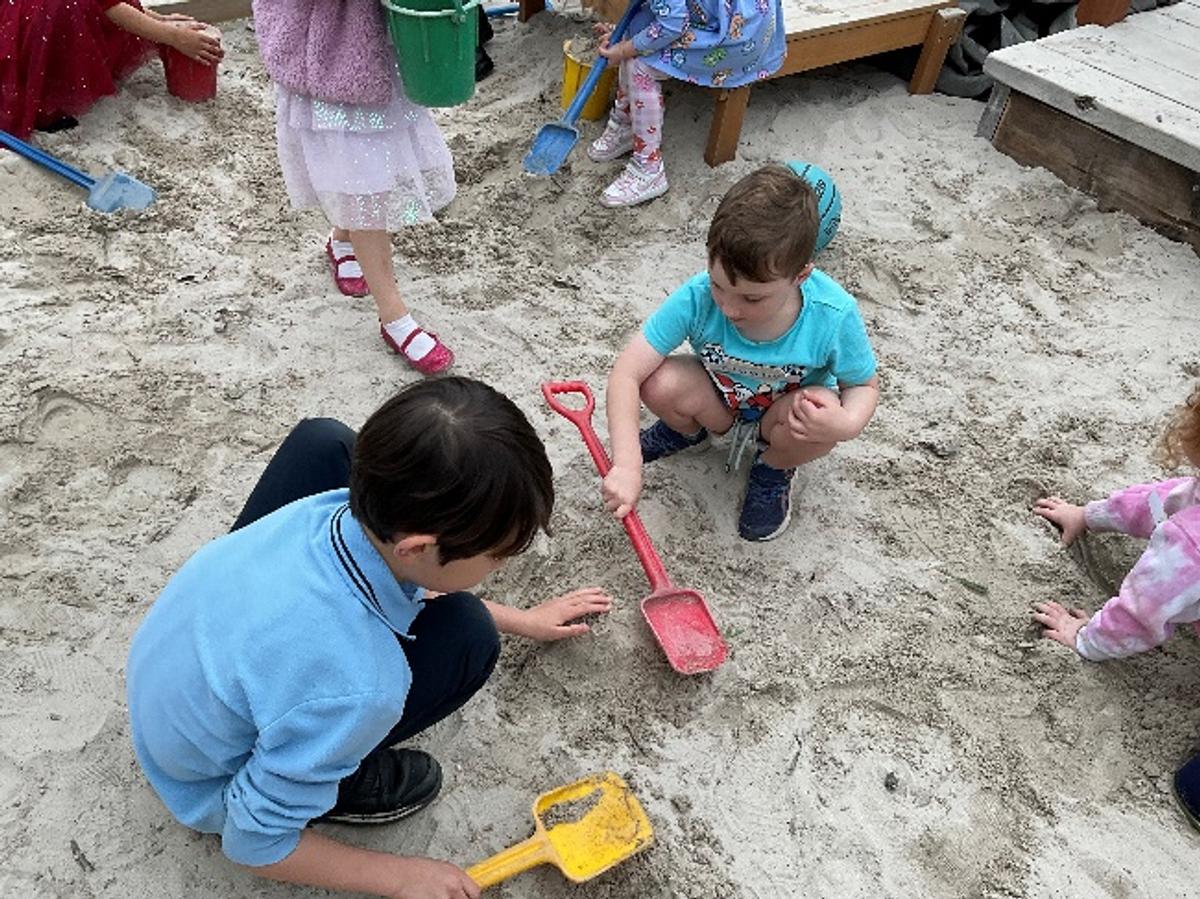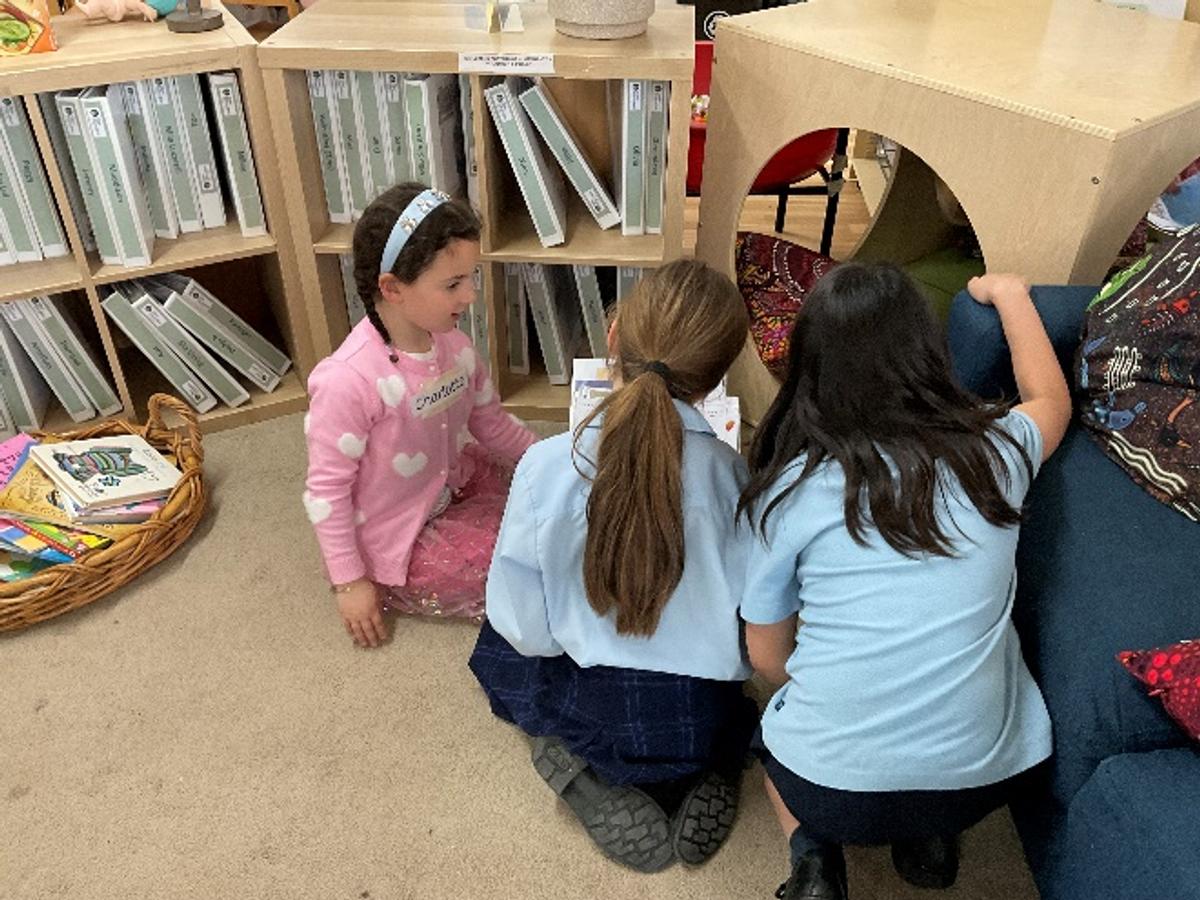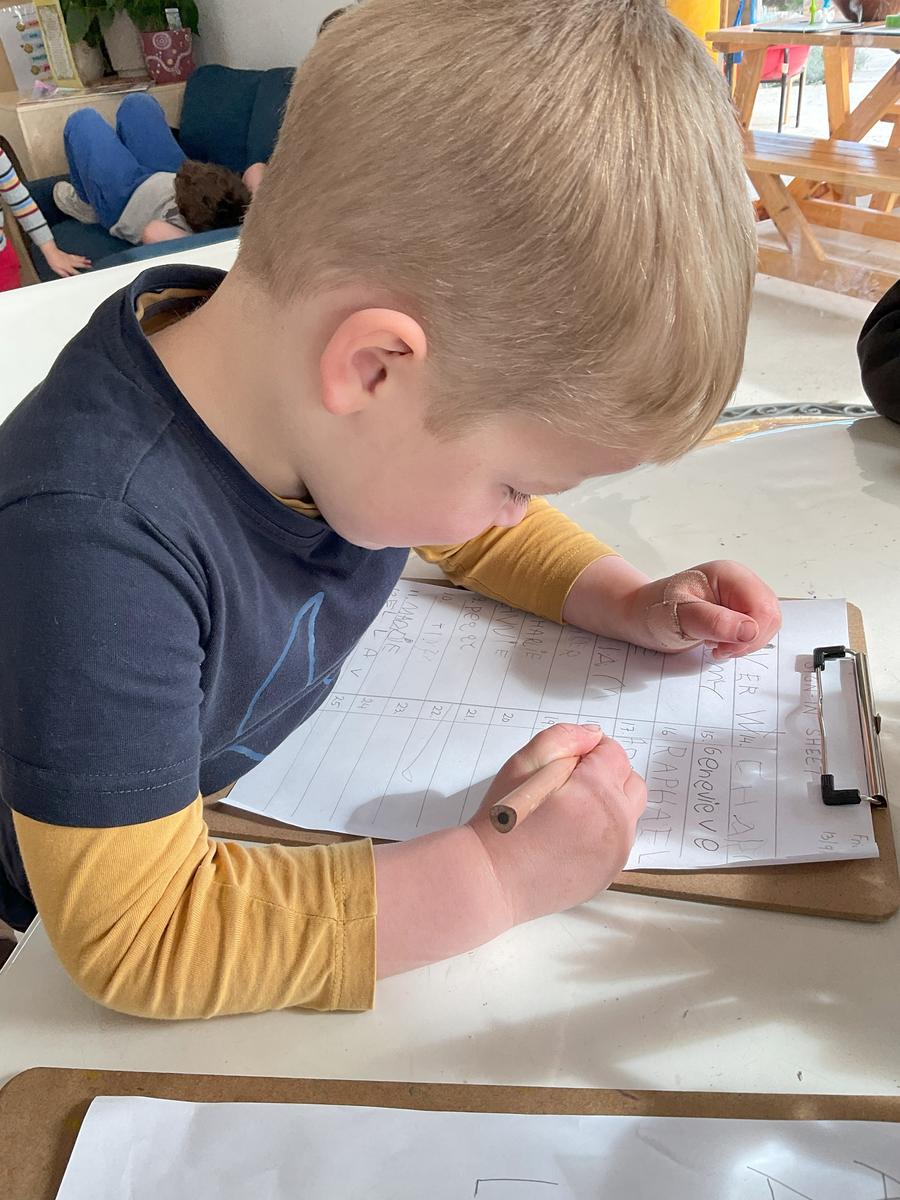Glen Education St Patrick's

School transition
By Glen St Patrick's Educational Team
The transition from kindergarten to primary school is exciting but also can be a challenging step in a child’s journey. This period requires children to become more independent, especially when it comes to managing daily routines like washing their hands, bringing their lunchbox to the table, putting away personal belongings in their bag, and applying sunscreen. Encouraging independence as early as possible not only builds confidence but also supports children with foundational skills for self-care and responsibility. In a school setting, the children need to keep track of their belongings, manage their lunch, and follow classroom routines without constant guidance. Practicing these skills in kindergarten helps them transition smoothly by fostering a sense of autonomy.
Smooth transition we believe begins before their first day of school suggesting the great importance of the preschool years. At our service, we highly regard and recognise the importance of transition, making the conscious effort to remember that transition is embedded within our kindergarten, this in turn supports the children for a smooth transition.
The "Show and Tell" program in kindergarten is an experience that allows children to bring in a favorite item, story, or experience to share with their friends. This activity plays an important role in developing communication skills, boosting self-confidence, and building the foundation for skills they will need in a school setting. “Show and tell” also enhances listening skills, as children learn to be respectful and attentive when others are speaking. They learn to ask questions and show interest in their friend’s stories, which builds empathy and social understanding. These skills are invaluable for successful interactions in a school environment.
An additional step in preparing children for school involves encouraging them to write their own name on their artworks and sign themselves each time they come to the kindergarten. By practicing writing their names, children become familiar with the letters that make up their name. In a school setting, children will need to write their name on various tasks and materials, so this skill prepares them for tasks they’ll encounter regularly in a classroom.
At Glen St. Patricks Kindergarten, we are advantageous as we are situated on a school site and the children are exposed to a school site making transition already visible to children. The children engage with the school children during recess times, as our kindergarten outdoor area is close by to the school outdoor play area, where children are often observed in positive interaction with each other.
The use of the school grounds on a regular basis also is an aspect that is part of our days at the kindergarten and assisting school transition. Having access readily to the running track and school adventure playground gives our children at SPK the ability to practise and be exposed to proper school facilities. We also transition part of our indoor kindergarten area to resemble a school classroom, with school uniform dress ups as a “practise” to school behaviours.
Families are kept up to date and informed by regular discussions and meetings about their children for the duration their children are in attendance at the kindergarten. The use of observations and portfolios as supporting resources to assist the discussions are used. Parents are also invited to information sessions hosted by particular organisations which cover topics about school readiness. In particular this year, Better Health Network (provided by school readiness funding) our kindergarten families were invited to join an online webinar focusing on school transition topics such as building independence, orientation day and supporting anxious children, hosted by an occupational therapist and speech therapist. We also have a “Buddy program” where children of Glen St. Patrick's Primary School visit the kindergarten on a regular basis. The kindergarten children also have the opportunity to reciprocate and visit the school children. We also had a few teachers from schools visit our service to speak to us about the children who are going to attend their schools next year.
Transition statements are a great source for transmission to school as they provide a useful way to share information more consistently with families and other educators. “The statement helps make each children’s learning and development visible at the point of entry to school to both families and professionals working with them in the school environment. Together, the transition statement and all the other information collected about a child provide a strong foundation from which the prep teacher and outside school hours care educator can plan effectively to support the continuity of each child’s learning and development.” Background to positive transitions to school / vic.gov.au 2024.”
In kindergarten, celebrating multicultural events or festivals and special days like Chinese New Year, Diwali, Easter, Christmas, Anzac Day, Naidoc week, Book week, World Oceans Day, Science week, etc., not only broadens children’s understanding of different cultures and the meaning of the special days but also fosters a sense of community and inclusivity. Exposure to these celebrations helps children develop respect for diverse cultures and traditions. This will support positive school experience where they will interact with friends from diverse backgrounds. Children learn to appreciate the uniqueness of each culture and the common values we all share, such as family, learning, and respect. Additionally, celebrating special days also encourages curiosity and a love of learning, stimulating interests that will serve them well in their learning journey.
Finally, interactions with teachers, educators, and friends at kindergarten also help children refine their social skills, such as sharing, taking turns, listening, communicating and cooperating with others. These experiences foster patience, empathy, resilience, and a respect for the rights of others which will create a positive learning environment.

